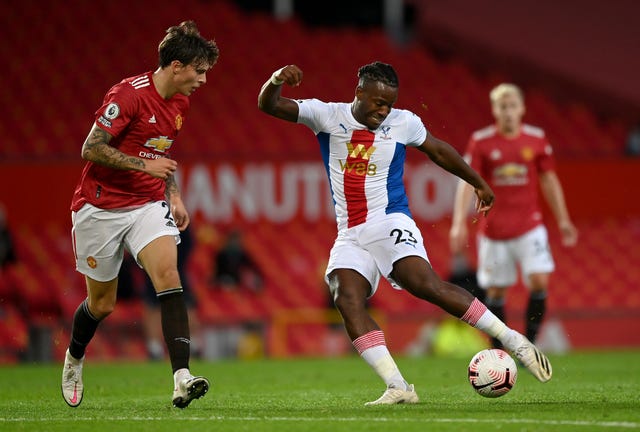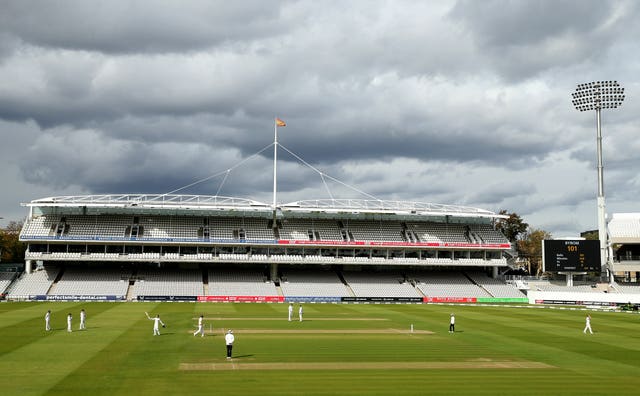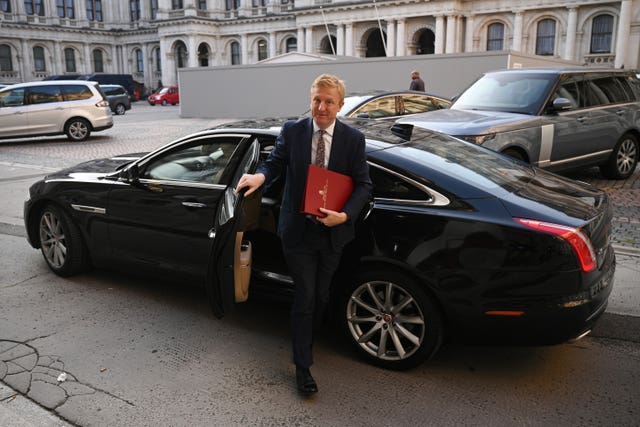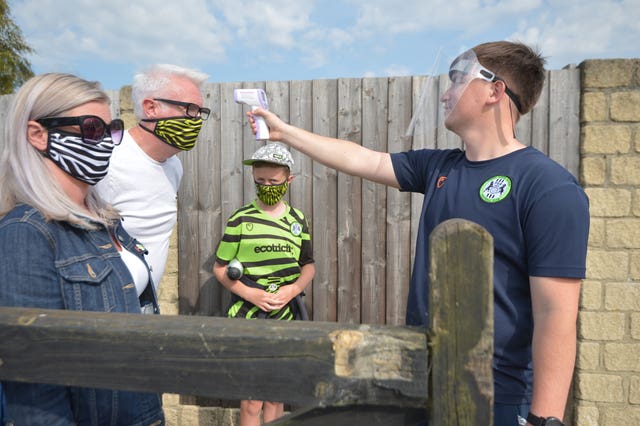Sports clubs and associations are anxiously waiting to hear what, if any, Government support they will receive to help them through the difficult months ahead without any revenue from match-going spectators.
Here the PA news agency looks at some of the key issues.
How bad is the problem?

Governing bodies across a range of sports have spoken out since Prime Minister Boris Johnson announced on Tuesday that the planned reintroduction of spectators to sports venues from October 1 had been scrapped due to fears of a second wave of coronavirus infections.
The Premier League said English football would lose £100million for every month that went by without spectators, the RFU predicted losses of over £100m due to the absence of crowds from autumn internationals and Six Nations matches while the EFL says its clubs stand to lose £200m without crowds, having already lost £50m last season.
What has the Government said?
Sports minister Nigel Huddleston said on Thursday he expected top-tier professional sport “to look at ways it can support itself” with state support targeted at the areas of most need.
So sport will have to go it alone?

Not completely. The tone of Huddleston’s statements suggests the majority of public funding will be directed at grassroots sport and those who derive less income from television deals. The Government is understood to remain of the view that the Premier League should help out the EFL, for instance, and talks between the leagues had been ongoing long before Tuesday’s massive setback.
Why didn’t the Chancellor mention sport among his measure of packages on Thursday?
Because state support for the sector is still being worked out by the Department of Digital, Culture, Media and Sport (DCMS).
How long will it take?

DCMS is reluctant to put a date on that, but the Prime Minister promised that Culture Secretary Oliver Dowden was working “flat out” on the matter.
How much can sport expect to get?
The arts sector received a £1.5billion package, but it is unclear how much sport will get – Huddleston’s comments suggest it will be a much smaller amount.
Are there any glimmers of hope?

The Premier League and other governing bodies believe technology will provide the best solutions in the absence of a vaccine. Its chair, Gary Hoffman, sits on the Sports Technology and Innovation Group (STIG), with UK Sport chief executive Sally Munday also part of the group along with other sports and public health experts.
It will look at health passports, tracking devices to assist with social distancing, fluorescent disinfectants to reveal how often surfaces are touched and technology to assist in safe travel, and reduce crowding as fans make their way to venues.
/https%3A%2F%2Fsportsmole-media-prod.s3.gra.io.cloud.ovh.net%2F20%2F11%2Farscor.jpg)
/https%3A%2F%2Fsportsmole-media-prod.s3.gra.io.cloud.ovh.net%2F25%2F22%2Fliverpool_1.jpg)
/https%3A%2F%2Fsportsmole-media-prod.s3.gra.io.cloud.ovh.net%2F24%2F44%2Fmatheus-nunes-rico-lewis-ruben-dias-manuel-akanji.jpg)
/https%3A%2F%2Fsportsmole-media-prod.s3.gra.io.cloud.ovh.net%2F24%2F07%2Fameche.jpg)